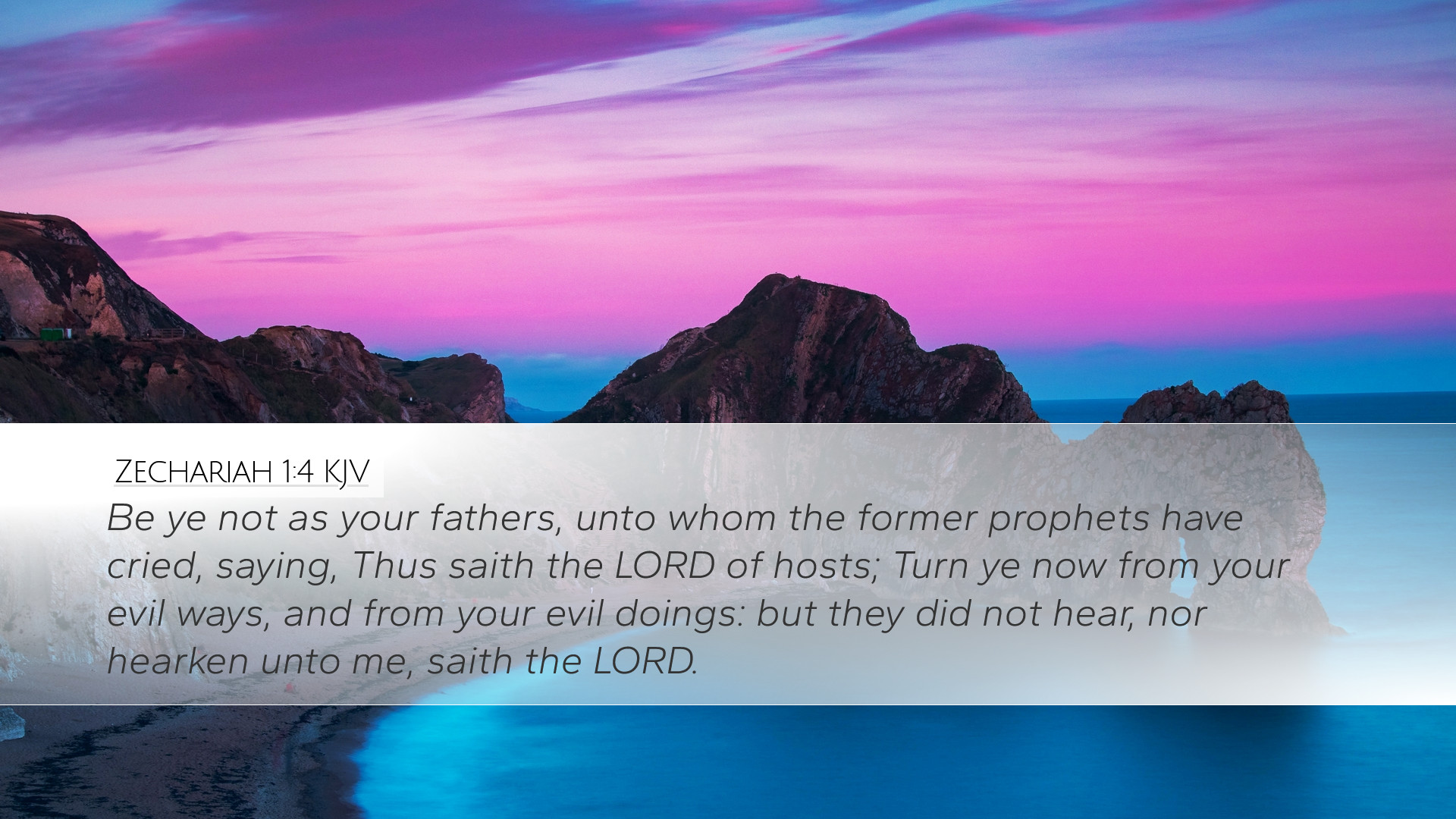Old Testament
Genesis Exodus Leviticus Numbers Deuteronomy Joshua Judges Ruth 1 Samuel 2 Samuel 1 Kings 2 Kings 1 Chronicles 2 Chronicles Ezra Nehemiah Esther Job Psalms Proverbs Ecclesiastes Song of Solomon Isaiah Jeremiah Lamentations Ezekiel Daniel Hosea Joel Amos Obadiah Jonah Micah Nahum Habakkuk Zephaniah Haggai Zechariah MalachiVerse
Zechariah 1:1 Zechariah 1:2 Zechariah 1:3 Zechariah 1:4 Zechariah 1:5 Zechariah 1:6 Zechariah 1:7 Zechariah 1:8 Zechariah 1:9 Zechariah 1:10 Zechariah 1:11 Zechariah 1:12 Zechariah 1:13 Zechariah 1:14 Zechariah 1:15 Zechariah 1:16 Zechariah 1:17 Zechariah 1:18 Zechariah 1:19 Zechariah 1:20 Zechariah 1:21

